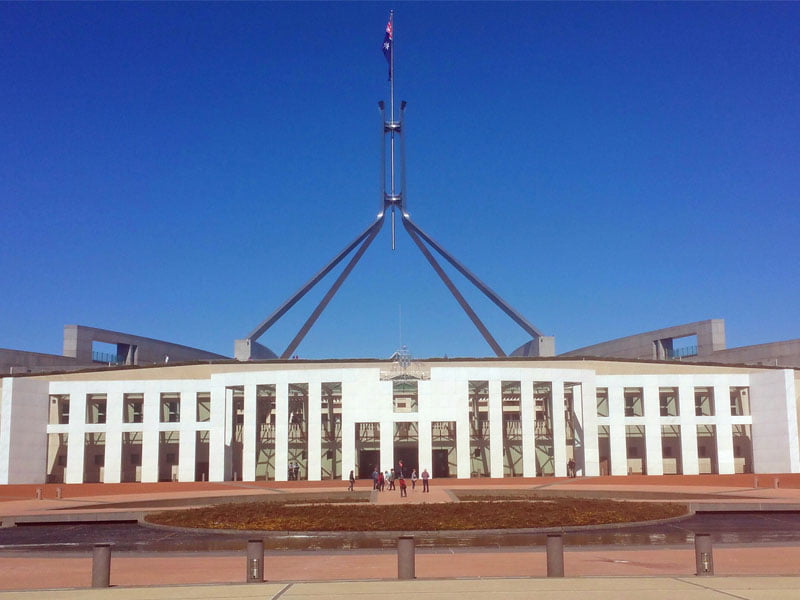The Federal Government has got new legislation through the Senate that will compel telcos to notify authorities when they make changes to their networks after a range of amendments were made that increase dialogue and decrease government over-reach.
The Telecommunications Sector Security Reforms (TSSR) Bill passed through the Senate earlier this week and has been generally accepted by the telco sector which objected to earlier versions of the legislation.
The TSSR Bill had been seen by the industry as too costly to comply with and over the top in requiring telcos to seek permission to making the slightest change in their network operations. Government oversight of telecom operations was seen by the industry as too wide and vague and consultation conduits as too light on.

TSSR was reviewed earlier this year by the Parliamentary Joint Committee on Intelligence and Security, which took submissions from the government and security side including ASIO, Attorney Generals, the Australian Centre for Cyber Security and the Office of the Australian Information Commissioner and the industry side including Optus, Foxtel, the Communications Alliance, the AIIA, the Australian Industry Group, the Australian Mobile Telecommunications Association and Macquarie Telecom Group.
After going through PJCIS and the Senate and spitting out the other side, the much-amended legislation appears to have passed muster with industry players.
“The Bill now agreed by the Senate reflects and responds to many of the concerns raised by industry and represent a workable compromise and balance between protecting national security and legitimate commercial operations and investments,” said Macquarie Telecom Group CEO David Tudehope.
“It is very pleasing that the Attorney-General, Minister Fifield and his colleagues listened to concerns of industry and made significant improvements to the previous draft Bills.”
“The new oversight mechanisms mean that the Parliament will be able to ensure that the new powers are exercised responsibly,” Mr Tudehope said.
TSSR is expected to pass through the House of Representatives with bipartisan support.
MacTel industry and policy chief Matt Healy said the legislation had been in process for more than four years and been originally informed by fears of the country’s telecommunication networks becoming vulnerable to terrorist infiltration following network changes.
Originally the legislation would have required telcos to seek government permission to make even minor changes, such as software tweaks, to their networks.
“The early version of the bill concerned us because it came off the back of a strong reaction to national security issues that were occurring at the time,” Mr Healy said.
“It was an appropriate time to be reviewing this but the pendulum swung too far the other way.”
“It initially envisaged a regime where any potential software changes that we were looking to make on our network would need to be cleared with security agencies prior to being put in place.”
Mr Healy said this was at a time when Macquarie Telecom was looking to bring in software defined wide area networking to help boost network efficiency and give customers more control.
“We thought (the legislation), if read literally, would have prevented us from being able to implement that because every time a customer wanted to make a change to the prioritisation of traffic over the network and doing that via a software change, we would have to ring up the security agencies and seek clearance.
“That would have been unworkable.”
The original legislation would have also been a drag on innovation.
“All the benefits of something like the NBN could have potentially gone out the door. You build a 21st century network to take advantage of 21st century efficiencies and then wind it back to 20th century poles and wires.” said Mr Healy.
Do you know more? Contact James Riley via Email.

